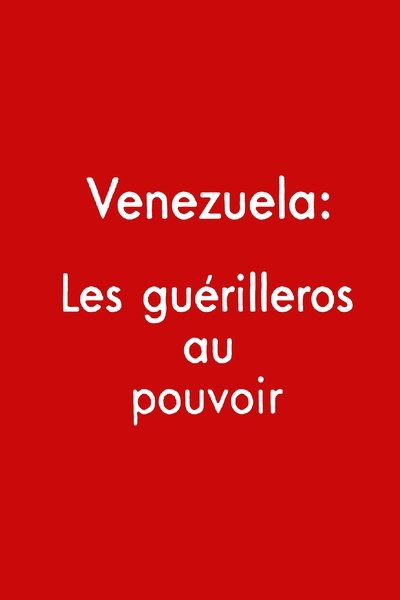
Douglas Bravo
Douglas Ignacio Bravo Mora (11 March 1932 – 31 January 2021) was a Venezuelan politician and guerrilla fighter.
A native of the village of Cabure in Falcón, he became involved in the Communist Party of Venezuela (PCV) at an early age, establishing a party youth group in his home village in 1946. He took a key role in trade union agitation, actively supporting strikes by oil workers in 1950 and students in 1952, being imprisoned briefly on both occasions. He enrolled at University of Zulia in 1953.
He key figure in the Fuerzas Armadas de Liberación Nacional (FALN) ("Armed Forces of National Liberation"), although this put him on a collision course with the PCV, which was moving away from armed insurgency. Bravo secured the support of Fidel Castro for his activity but this was not enough and he was expelled from the Communist Party in 1967. In 1969 the Copei offered an amnesty deal and as a result many guerrillas gave up violence, although Bravo and a small band of followers continued their insurgency until September 1979 when he accepted the offer of a second amnesty. He was later exiled to France, but returned.
Bravo turned to party politics in the early 1980s by establishing the Partido de la Revolución Venezolana (PRV) (Party of Venezuelan Revolution).Bravo was a fervent anti-imperialist, and was ideologically opposed to the policies of the Soviet Union.
Bravo was the leader of the Third Road Movement, which criticized the Chávez administration for its reliance on energy companies from rich industrialized countries.
Known for
Acting
Place of birth
Cabure, Venezuela
Birthday
11 March 1932




